Mark Rutte says China could use Russia to divide Nato's attention and resources in Europe if it moves on Taiwan
Nato secretary general Mark Rutte said China's "massive" military buildup raised the risk of conflict over Taiwan, potentially drawing in Russia and impacting European security.
Mr Rutte said Japan, South Korea, Australia, and New Zealand were closely aligned with Nato now because they were deeply concerned about China's military buildup and the threat it posed, particularly regarding Taiwan.
"We have this close relationship with Japan and the Republic of Korea, Australia and New Zealand, exactly for the reason that these countries are very, very worried about the massive military buildup in China that at the moment is taking place," he said ahead of the Nato summit in The Hague.
If China moved on Taiwan, Mr Rutte claimed, there was a real possibility Beijing would urge Russia to create trouble in Europe so as to divide Nato's attention and resources.
"We are all very worried, of course, about the situation in Taiwan. And we also know there is a risk that if the Chinese will try anything with Taiwan, that no doubt he will call his junior partner, Mr Putin, and make sure ... he will keep us busy here, if that would happen," he said.
"That's one of the reasons why we have to stand ready, and we cannot be naive. We have to be clear on this and that is why that extra defence spending is so important. That is why Nato does not have as an alliance opt-out, side deals, etc, because we all have to chip in."
Beijing routinely sends warplanes and naval vessels towards Taiwan, with the scale and intensity of these manoeuvres increasing in recent years. Taiwanese officials have warned that China might use such exercises as cover for a surprise attack.
Any outbreak of hostilities could quickly draw in the US, which maintains key alliances in the region, supplies Taiwan with advanced weaponry, and is legally obligated to respond to threats against the island.
China considers Taiwan to be a breakaway province and its president Xi Jinping has vowed to "reunite" the democratically governed island with the mainland, by force if necessary.
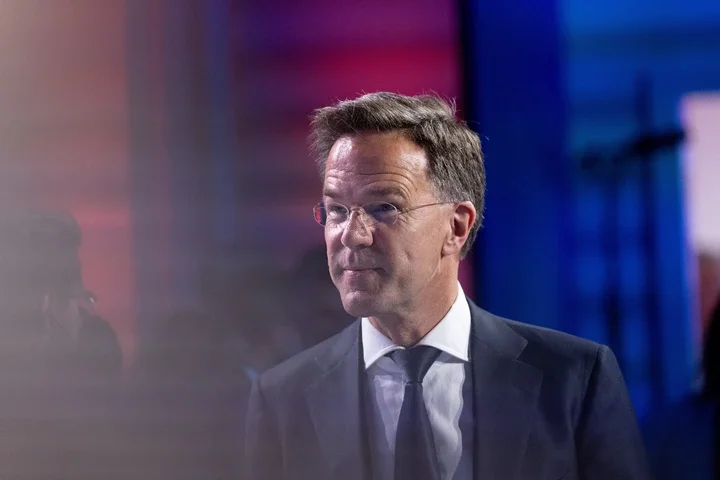
In its Worldwide Threat Assessment report last month, the US Defence Intelligence Agency said China could seize Taiwan's smaller outlying islands as a tactic to intimidate the government in Taipei. The report argued that seizing and attempting to annex these islands was among a number of military options available to Beijing as it continued to threaten Taiwan with an invasion.
Mr Rutte said China's rapidly expanding military capabilities were evident from the global rise of its defence companies and that the country was preparing for real geopolitical power projection.
"We know that out of the 10 biggest defence companies, only a couple of years ago you would not find any Chinese companies. At this moment, you will find three to five Chinese defence companies in the top 10 of biggest defence companies in the world," Mr Rutte said.
"This shows you that this massive buildup is taking place and is having a huge impact, also when it comes to the defence industrial production of China. And of course, they don't do this only because they want to have nice parades in Beijing. I guess it's there for a reason."
Speaking at a pre-summit press conference, Mr Rutte said Nato was working to grow more capable and that its leaders were set to take big steps to strengthen the alliance's power. He described this as making Nato "stronger, fairer, and more lethal".
A central part of the proposed transformation, he said, was a major increase in military spending, with member states aiming to raise the benchmark to five per cent of their GDP, more than doubling the longstanding two per cent target.
It would also involve "a concerted effort to ramp up defence industry across the alliance, bringing not only greater security but also more jobs. And a continued focus on support for Ukraine, alongside the pursuit of a just and lasting end to Russia's war of aggression", he said. "All of this is essential to keeping our 1 billion citizens safe."
"Our security environment has changed. And not for the better. The threats we face today demand that we do far, far more to ensure we can effectively deter and defend," Mr Rutte said. "Nato has detailed defence plans in place. We know how to tackle the dangers that confront us. And we are committed to defending every inch of allied territory, should any potential adversary make the mistake of attacking any ally."

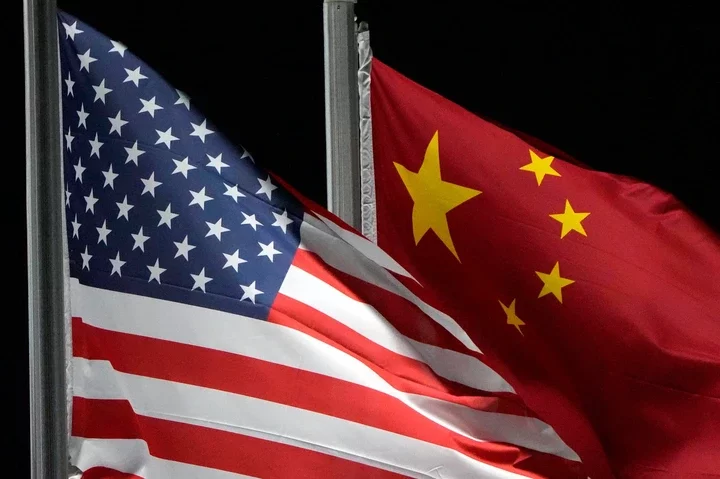
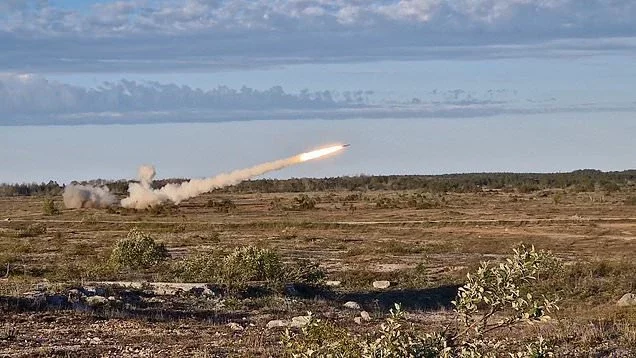
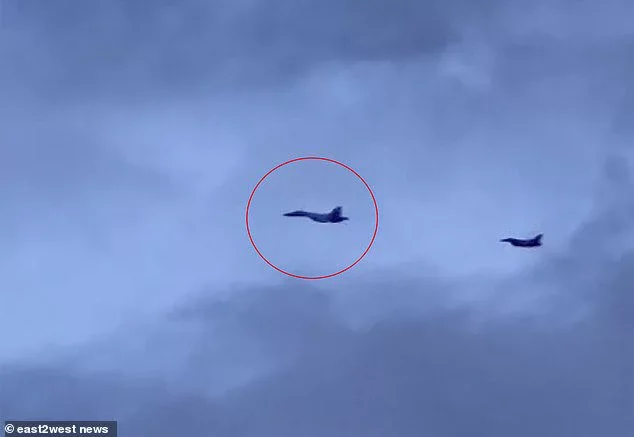
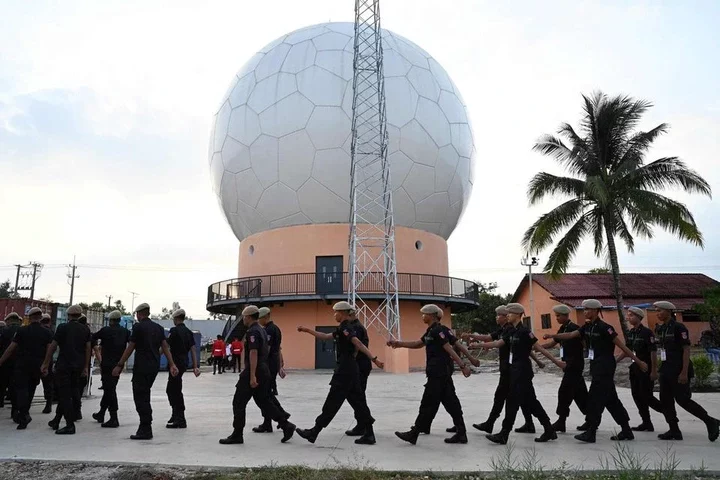
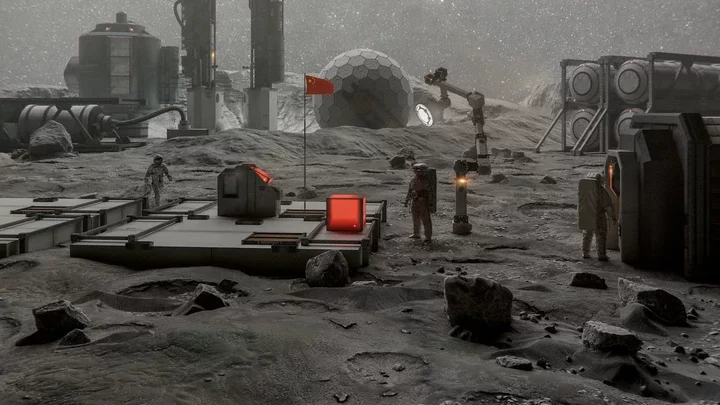
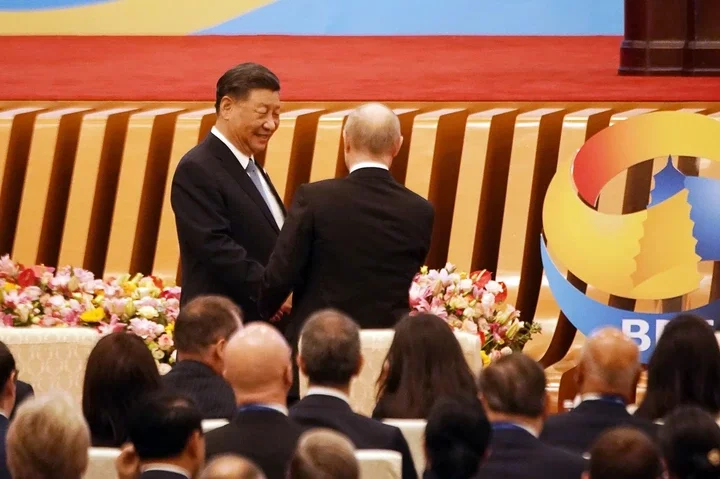
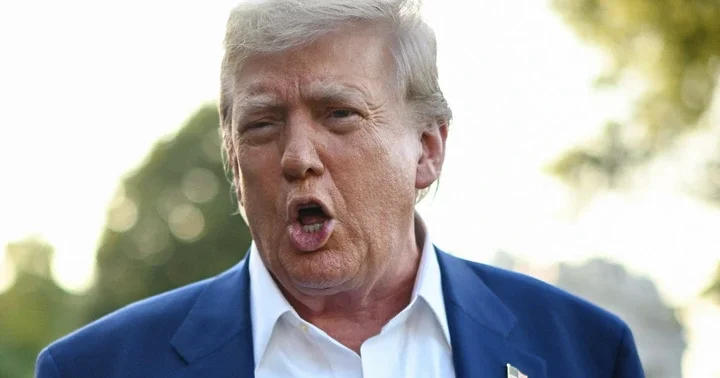

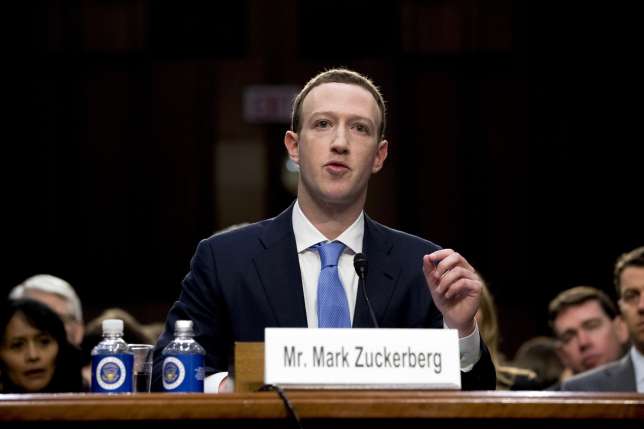

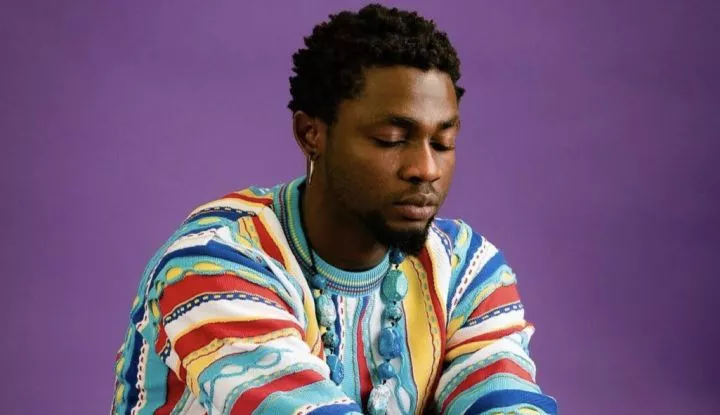
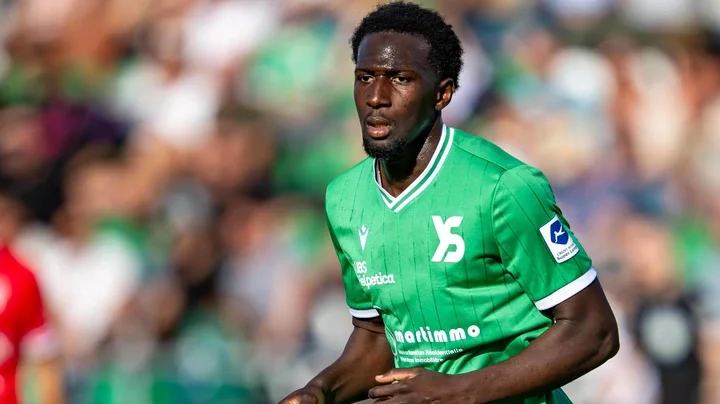
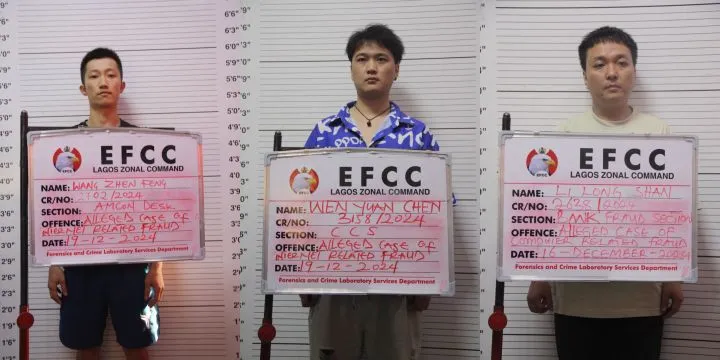
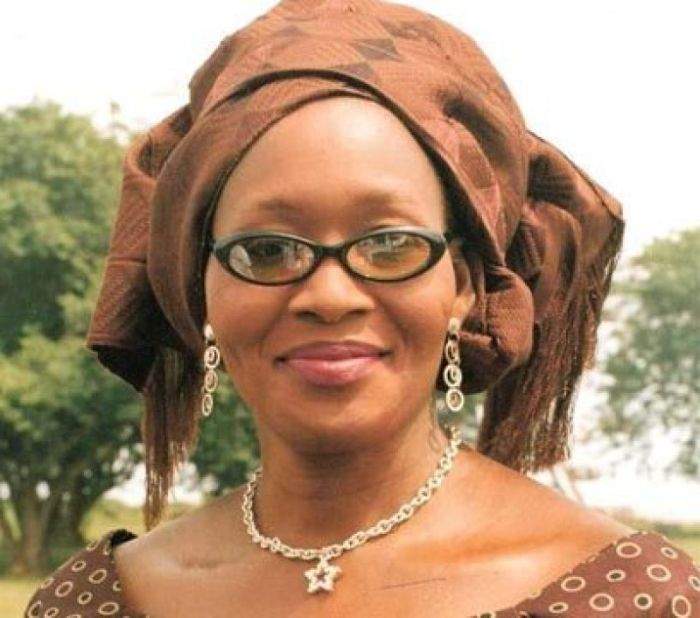

Comments